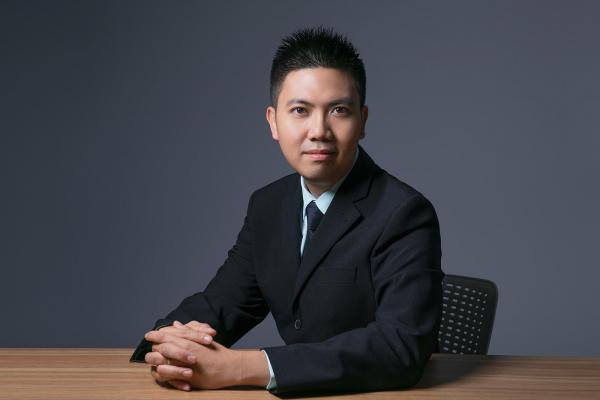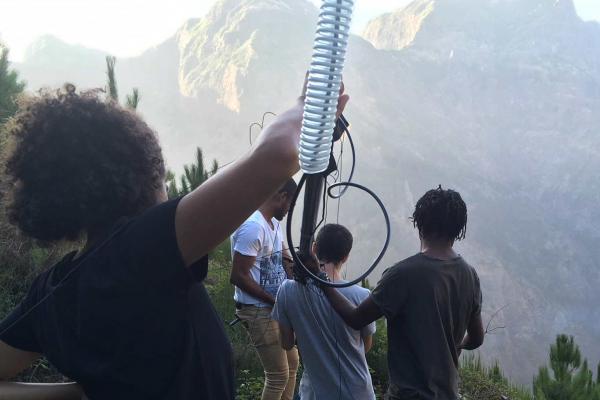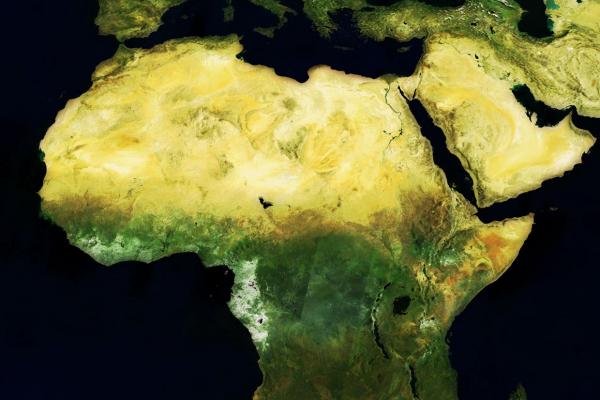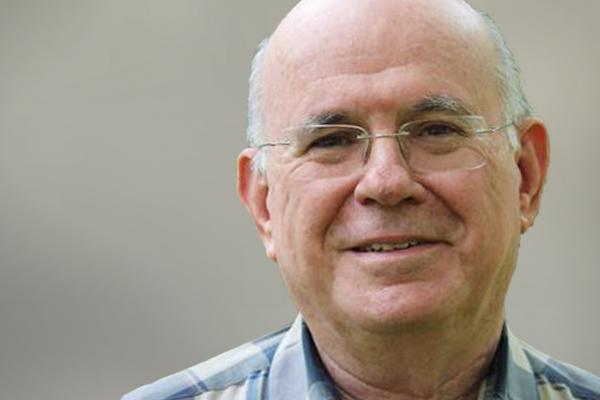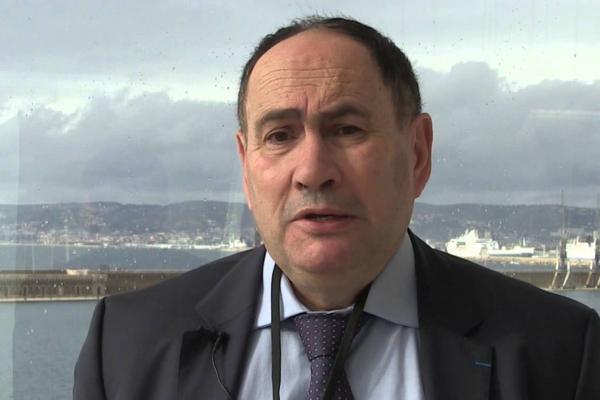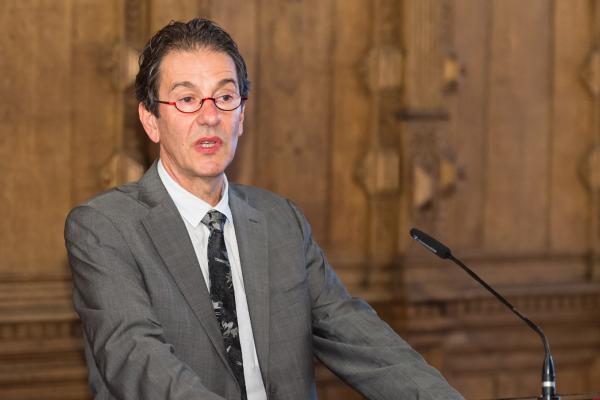The first Middle East particle accelerator – officially opened on 16 May – sets an example for young researchers on how a small group of people can build bridges across the troubled region, according…
More nutritious versions of staple crops could increase daily vitamin and mineral intake for millions of people with poor diets, helping to overcome undernourishment that can cause blindness, brittle…
There is an urgent need to understand what would enable the middle-class families that make up the majority of Europe’s migrants to stay in their home countries, a meeting to secure research…
Science diplomacy – where scientific collaboration is used to promote broader discussions between countries – enables scientists to help tackle issues such as protectionism and government control…
An experimental project connecting renewable energy researchers in the EU with colleagues in Morocco and Tunisia could help pave the way for a market in renewable energy and energy efficiency that…
We will see vaccines for malaria and HIV within the next one or two decades, predicts Dr Leonardo Santos Simão, the former health minister of Mozambique, who has been appointed High…
The Pacific region can serve as an exemplar of how science diplomacy could work, according to Professor Jean-François Marini, coordinator of the EU-funded PACE-Net Plus project and former adviser to…
The United Nation’s declaration on the future of the world’s cities, known as the Quito Declaration, will mean that citizens’ needs are placed at the heart of the urban development process, according…
The damage that tsunamis could cause is expected to rise due to climate change, say researchers who are developing a tsunami early warning system for Europe and investigating the best way to reduce…
Concentrated solar power (CSP) could have the potential to energise remote areas of the world, but it faces one major obstacle – the amount of water it uses. Now, thrifty water sprinklers, tailor-…


